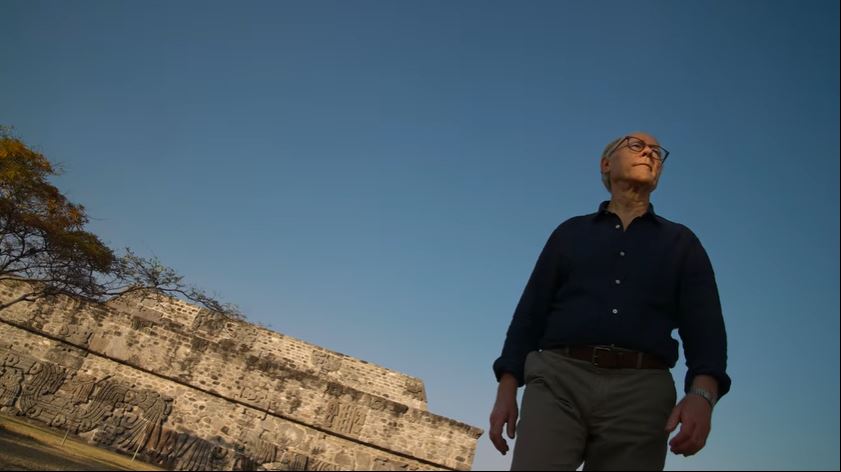For those with a love of history who remember what the History Channel once was, its current state is a travesty. What was once populated with interesting documentaries is now home to Ancient Aliens and Swamp People. Despite the channel being quite literally called the History Channel, history was not bringing in the dough. Now Netflix is joining the party.
In early November 2022, the streaming platform released Graham Hancock’s eight-episode series, Ancient Apocalypse. Hancock believes that there was an advanced civilization that was destroyed at the end of the last Ice Age, around 10,800 BC. Its members supposedly circumnavigated the globe, built wondrous feats of architecture, and may have left signs for future civilizations warning of coming catastrophes.
According to Hancock, the survivors of this civilization went on to bring their knowledge to the hunter-gatherers that also populated the globe, helping to spur the rebirth of civilization. In effect — and he is not shy about this — he is arguing that the entire history of mankind needs to be rewritten. Mysteriously, today, there is virtually no known architecture or art from this lost civilization. Massive and global though it may have been, it has somehow evaded detection.
The show caused quite a stir in the archaeological community, not least because Netflix categorized it as a docuseries, which lends the program a veneer of legitimacy. Hancock, however, rejects the authority of historians and archaeologists, instead constructing a theory largely out of supposition and hunches.
When discussing a novel interpretation of a Mesoamerican myth, for example, Hancock says that while the interpretation “flies in the face of all archaeological opinion… that doesn’t necessarily mean [it is] wrong.” Evidence that contradicts his history-upending theory is ignored or explained away. Worse still, as archaeologist Flint Dibble points out, Hancock’s theory strips ancient peoples of the credit they are due for their incredible feats of engineering and intellectual advancements.
Ancient Apocalypse is, of course, just a show, but it is a show that plays on America’s growing fascination with revisionist histories — which may be why it made it into Netflix’s Top 10 in mid-November. This is broadly a political problem (rather than people actually buying into Ancient Aliens), with both sides finding the “history” that best fits their outlook and running with it, however absurd or counterfactual it may be. This is not new — Marxism was revisionist history at its worst — but it is a resurgent problem.
Both right and left are guilty. The progressive left has bought into the 1619 Project’s narrative that America was founded on slavery and is chiefly defined by racism today. There is also the Howard Zinn version of American history as one of oppression and exploitation. Portions of the New Right have followed the progressive left’s lead in dragging America over the coals, seeing the whole liberal experiment as rotten from the start and a failure today. The prescription for these ills — by both sides — is a radical remaking of America. The end result of Hancock’s program, that our conception of history needs a revolution, is not much different.
Really, though, the most depressing aspect of Ancient Apocalypse is that it highlights the absence of a market for real history. It is not that hard to create a fascinating — and factual — program on Göbekli Tepe in Turkey (which Hancock visits in episode five), though clearly nonsense is more popular.
Well, it is what it is. We can only hope for the day when the History Channel returns to its roots; then we will know that America is on the road to recovery.





















